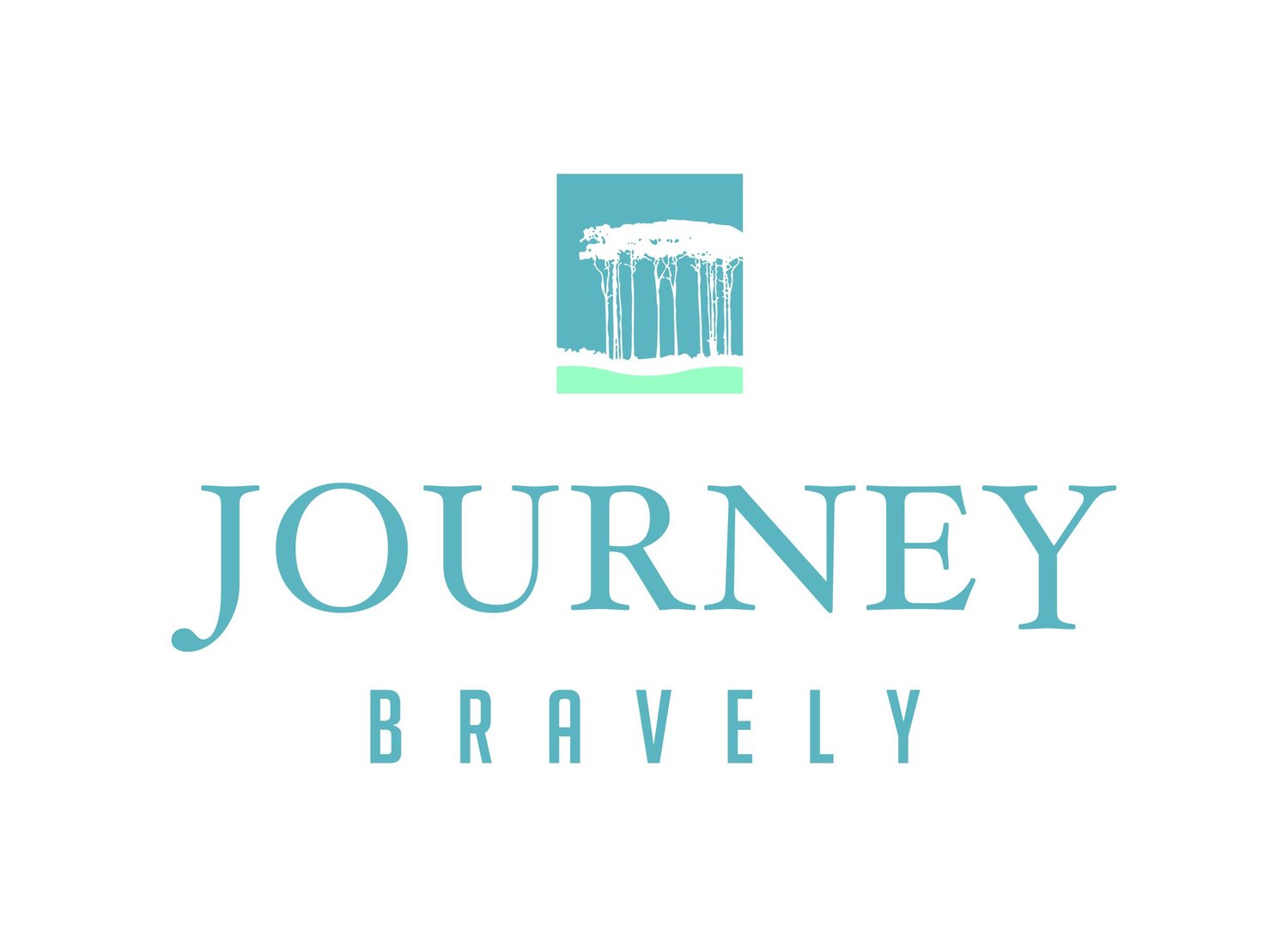Tired of making resolutions and experiencing a sense of failure by the end of January? It’s easy to make self-disciplined plans in December until January hits and you’re back to eating out, skipping the gym, staying up late, procrastinating and spending energy taking care of everyone but you. What are you supposed to do when the resolutions have fallen flat and you still desire some healthy direction for the remaining 11 months?
Instead of setting idealistic, unrealistic resolutions that tend to be all or nothing oriented, consider creating a Life-Giving Activities List to provide your daily and weekly life with some flexible, commitment-oriented direction. Life-giving activities are disciplines or practices that when done consistently, move your life toward living out your values with meaning and balance. Life-giving activities are measured over the long term of weeks and months rather than days and allow for extending yourself grace when you’ve missed the mark on any given day or week. They provide a barometer of sorts to check in on your level of health in various areas of life and provide a guide for making needed adjustments as you go throughout the year. While resolutions are meant to serve us, we often end up feeling enslaved to them. Life-giving activities serve your desired personal growth rather than you serving them.
5 Ways to Create and Use Your Life-Giving Activities List
1. Consider areas of focus and determine where growth is desired. Areas of focus to consider include physical health, emotional health, spiritual health, and relational health. Questions you might consider to help you evaluate these areas of focus include: How am I caring for my body? How is my sleep? How are my relationships? How is my stress level? In what areas of life do I want to see growth?
2. In your own words, choose 5-10 areas of focus that will create the main items on your Life-Giving Activity List. For example, my areas of focus include: Connect with God, Connect with Family, Eat Intuitively, Sleep Well, Have Fun, Meaningful Work, Move My Body, Personal Development, Engage Hobbies/Creativity, Be Generous.
3. Choose up to 5 life-giving activity options for each area of focus that bring balance and joy to life. Choose activities you know or suspect will promote your desired growth in each area of focus. You do not need to complete all of the activities each week but instead, choose one or more activities from your list weekly to help you grow in each area of focus. On my list, under Connect with Family my activities include family table dinners, family game night, movie night, date night. Under Connect with God, my activities include prayer walks on the beach, participate in worship community, participate in small group, spiritual reading/podcasts.
4. Post your Life-Giving Activities List in an easily accessible location. Put the list in your phone notes and consider posting a hard copy in your home. I like posting my list on the bathroom mirror where I see it throughout the day.
5. Create a consistent weekly time to use your Life-Giving Activities List for a personal growth check-in. Set aside 10 or more minutes to reflect on the prior week. Notice how many of your 5-10 areas of focus you engaged over the past week. Notice which areas you might be avoiding and consider why. Notice which activities have brought you the most joy and meaning. Notice if you felt a sense of healthy, balance or a sense of exhaustion and chaos. Consider how you will adjust your activities in the coming week. You may want to schedule your life-giving activities into your calendar so they will actually happen.
The Life-Giving Activities List is meant to be a flexible guide to provide structure and reflection. It’s a great tool for noticing when life has taken a turn away from your deepest values. It provides gracious course correction opportunity without the shame of failure. When used consistently, the list can empower you to live life in health and balance. Feel free to adjust your list as needed throughout the year. When I consistently engage life-giving activities in 7-10 of my areas of focus, life feels more connected, intentional, balanced, happy, and healthy. Best wishes to you in your growth in 2020! Click here to download your personalized Life-Giving Activities Worksheet.
Written By: Stephenie Craig, LCSW
Stephenie is a Licensed Clinical Social Worker with 18 years experience specializing in emotional/relational health counseling. Stephenie loves hearing others’ stories and helping people find new perspective that produces peace, healing, and connection through individual counseling. Stephenie provides treatment for adults, teenagers, couples, and families with anxiety symptoms, parenting struggles, teen issues, depression, grief, divorce, and other life transitions. Realizing your life is out of balance and ready to schedule your initial counseling session? Connect here for information about counseling Stephenie provides and get your initial therapy session scheduled.









